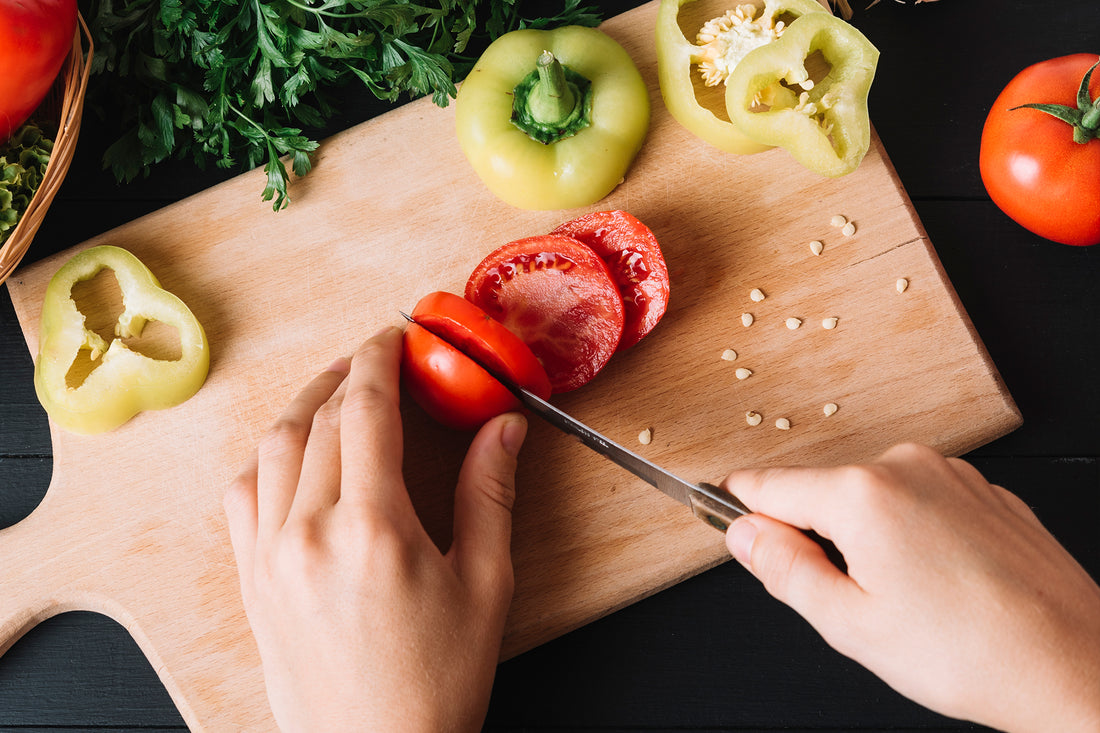|
We're all well aware that wooden cutting boards triumphant over glass or plastic boards any day. However, not all wood cutting boards are the same. The choice of a wood cutting board is usually down to the users preferences, but there are still several aspects that need to be taken into consideration. Namely, today we're discussing the differences between cutting boards made of hardwood and those made of bamboo. The Advantages of Hardwood Cutting Boards Hardwood is a renewable source, and you'll often find a board made out of it. This type of cutting board is resilient and durable, as well as sanitary and knife-friendly. You can choose between maple, cherry and walnut boards that are both durable and aesthetically pleasing. As a bonus, a hardwood cutting board is easy to take care of, if you oil it regularly, it could last forever. If we had to list the main qualities of hardwood that make this wood type suitable for manufacturing cutting boards, here's a short list of the advantages of hardwood cutting boards:
The Pros of Bamboo Cutting Boards Bamboo is also a renewable resource, and a lot of environmentalists often use it. They claim that bamboo cutting boards absorb less liquid than hardwood ones. However, there's an everlasting debate on this topic that we're not going to get into. A pro for bamboo boards is that it does not need chemicals to thrive or be harvested. However, bamboo has its flaws. For instance, bamboo is around 19% harder than traditional maple, making it not very knife-friendly. Still, we can claim that the main advantages of bamboo cutting boards are:
Hardwood vs. Bamboo Both of these have their pros and cons, but the main differences are that hardwood boards are more knife-friendly, meaning they won't dull the edges of your knife. Plus, it is believed that hardwood boards are more durable. Finally, hardwood inhibits bacteria growth, and you can rest assured that even after years of use, your board will stay bacteria-free if you ensure to care for and maintain your boards. On the other hand, bamboo boards are eco-friendly since bamboo represents a renewable resource. Although bamboo boards can serve their purpose and are better than plastic or glass boards, we'd have to go with the safest option, and that's choosing hardwood. There have been cases of bamboo cutting boards becoming more receptive for bacteria after years of use, and that's something that won't happen with hardwood boards.</p> <p>Our final verdict? Go with hardwood boards, and you can't go wrong! |

